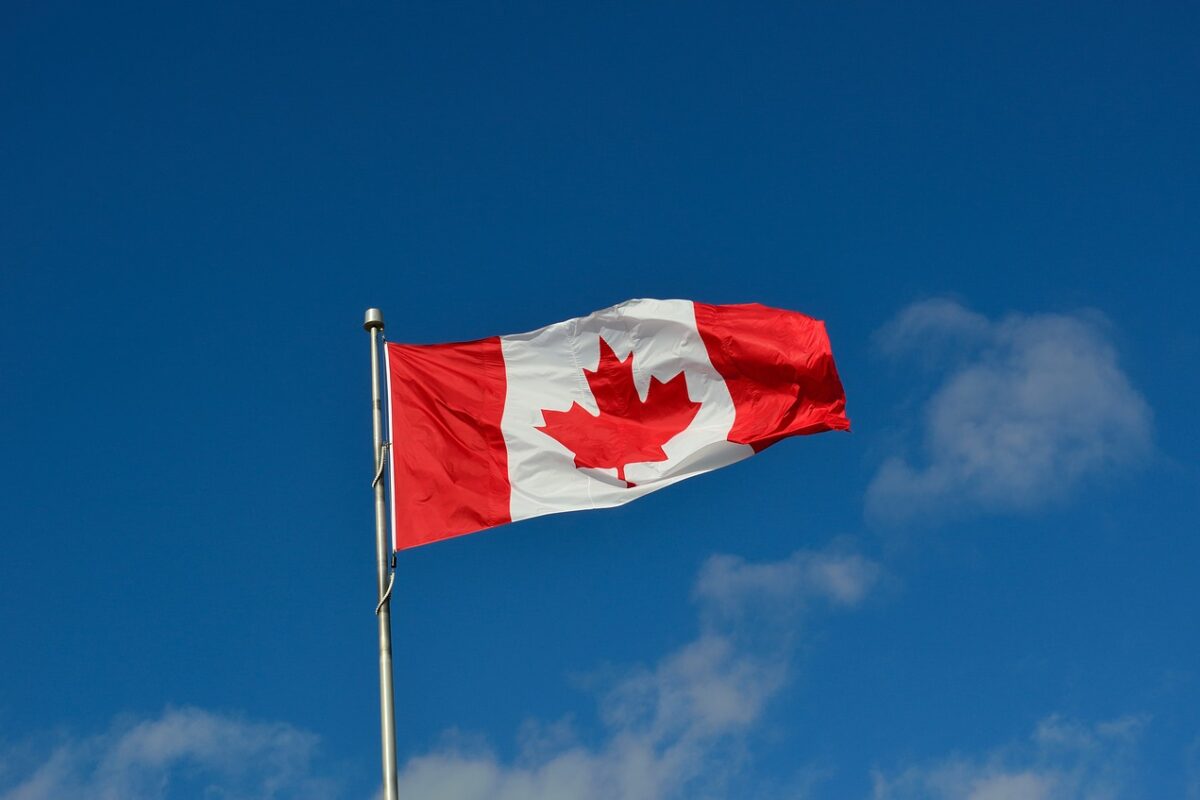Special measures spurred by the COVID-19 outbreak will affect couples differently depending on their application, and whether they are applying for inland or outland sponsorship. However, spouse and Common Law Partners can still submit their application during COVID-19 pandemic.
Out land Sponsorship
This program is pursued when the applicant (sponsored partner) is living outside of Canada. However, it is possible for an applicant living in Canada to apply through the out land program. This option may permit the applicant to travel in and out of Canada throughout the application process but it’s always discretion of Canadian immigration authority to decide whether the sponsored person may re-enter Canada or not. Out land application is processed through the visa office that serves the applicant’s country of origin or where they have resided legally for at least one year. IRCC is committed to issuing visas as quickly as possible in order to rapidly reunite families under this program. IRCC aims to process applications submitted through this program within 12 months.
In land Sponsorship
This program is pursued when the couple is together in Canada and the foreign spouse/common-law partner has temporary status in Canada, either as a worker, student, or visitor. The person being sponsored may be eligible for an Open Work Permit, allowing to work for any employer in Canada while the sponsorship application is being processed. If the applicant (sponsored partner) already has a work or study permit, he or she may continue to work or study as long as the permit is valid, however it is important to note that working and studying in Canada without valid status are illegal and may result in serious consequences for the sponsored person.
Applicants who wish to obtain an open work permit should apply at the same time that they apply for permanent residence. However, IRCC states that if a sponsored spouse or common-law partner has not submitted an application for an open work permit at the same time as their permanent residence application, he or she may still submit an application for an open work permit at a later stage. If the sponsorship application is refused, the applicant is required to leave Canada immediately at the end of his or her period of temporary stay. Moreover, if the sponsored person leaves Canada at any point while the application is being processed, there is no guarantee that he or she will be allowed to re-enter Canada, especially if he or she requires a visitor visa. IRCC aims to process applications submitted through this program within 12 months.
Note
- Canada recognizes same-sex marriage, and same-sex partners may be eligible to apply under this category, provided they meet all eligibility requirements.
- In most cases, there is no low-income-cut-off (LICO) for spouse, partner or dependent child sponsorship. However, if either a spouse or partner you’re sponsoring has as dependent child who has dependent children of their own, or a dependent child you are sponsoring has a dependent child of their own, you must meet a minimum LICO score, which is determined by the Canadian government each year.
- The province of Quebec has its own immigration rules. After your application is received, IRCC will send you an email or letter with instructions about how to apply to the Quebec government to become a sponsor.
Incomplete applications may be accepted by IRCC
Immigration, Refugees and Citizenship Canada (IRCC) may accept incomplete applications provided that the documents are missing due to COVID-19 service disruptions. Couples who are submitting new sponsorship sponsorship applications, but are unable to provide the required supporting documentation must submit an explanation letter explaining the delays. Incomplete applications will be kept and reviewed in 90 days. If the application is still incomplete in 60 days, IRCC officers are instructed to request the missing documents with an additional 90-day deadline.
Contact us for consultation and assessment.





